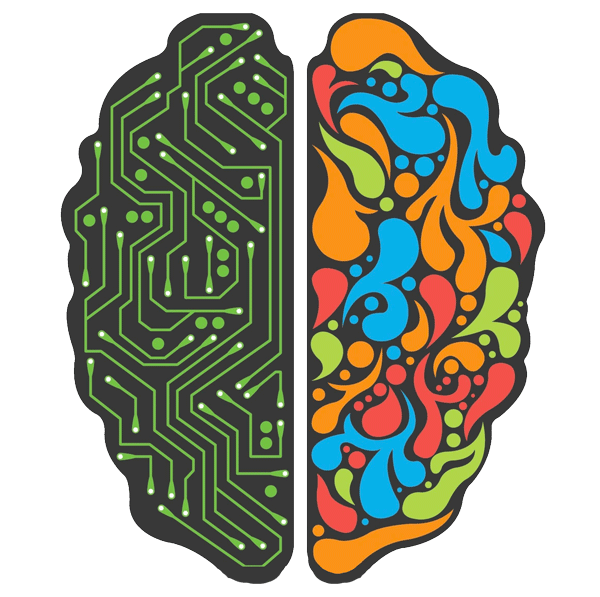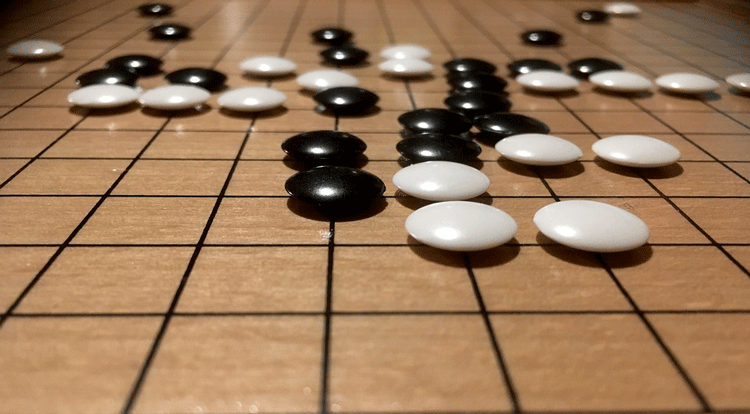Is it perhaps a fairy tale?
On the threshold of 100 years, avvocato Bruno Segre, after running off a series of poignant and scathing critiques of the current moment in history, winds up laconically: «Italy remains a great country. She’s like a vulgar albeit beautiful woman. And I can’t stop loving her».(1).
 Editorial by Stefano Lavorini
Editorial by Stefano Lavorini
It makes one think that it is in this very type of emotional blackmail that the perseverance of those who will not renege on pondering and judging the facts imagining everyone’s rights find both its limits and reason.
Rather, to say it all, extending the prospects, it appears that the voices that – even in old age – question conventions, fashions, inconvenient truths and the changes that are legitimising the most unspeakable of sentiments, gain new verve from this “love of life”.
For our homeland’s sake we shall overlook how public matters are administered and also the fact that the “Italians still need to be made”, to come to what might be called more technical matters: Artificial Intelligence. Speaking in the vernacular, it appears in itself a paradox that animals like men, limited by nature, are presumptuous enough to create a higher or, truth to say, perfect intelligence. Indeed nothing less than God itself.
The fact is there is much talk about AI even in the world of packaging, but it is for sure in a geographic elsewhere that R&D takes unknown ways, caught between astounding technological progress and evermore substantiated ethical questions.
In a recent article, at 95 years of age, Henry Kissinger (yes indeed, the very man who half a century ago drew out the geopolitical and diplomatic scene) thus wrote:«The age of reason produced the thoughts and the actions that formed the contemporary world order. Yet now we are witnessing an upturning of that order via the advent of a new and even more overwhelming technological revolution (compared that is to the invention of the printing process in the fifteenth century, Ed.), a revolution of which we have still not weighed up the consequences, the culmination of which might consist of a world dependent on machines driven by data and algorithms, without any ethical or philosophical norm to guide them».
«We are well beyond automation as we know it: automation has to do with means, it attains preset objectives, rationalizing and mechanising the tools to achieve the same; AI, in turn, deals with the goal, it establishes its own objectives. Since the objectives are partially defined by the same, artificial intelligence is by its very nature unstable».

Refering to AlphaGo artificial intelligence, that defeated the strongest players of Go in the world, on IA he adds:«...it makes strategic evaluations on the future basing itself on the data received with the code (for example the rules of the game), as well as data it has captured independently (i.e. disputing a million matches)».
Thus Kissinger returns to a fundamental consideration: «How can we manage artificial intelligence, how can be improve AI? Or at least, how can we prevent it from causing damage, up until the most terrifying scenario, or that is that AI, being able to master certain skills a lot more rapidly and accurately than humans, might in time diminish human competencies and the very same human condition by turning it into data?».(2).
It is evidently a difficult subject. Hence one need be very much on one’s guard and investigate and monitor the “revelations of science” that are modifying our way of living and thinking, because it is easy to get the wrong end of the stick. Roberto Calasso wrote years back: […]
Old Plato of the Laws also turned his thoughts to Sparta with an obscure regret: «Observing the organization we were discussing, it seemed extremely beautiful to me. Were it up to the Greeks, it would have been an amazing possession, as I said, if someone had been capable of using it in a beautiful manner». These words speak of the dawning illusion in which technology was perceived: the idea of setting up a perfect device that might point in the direction of Good. But this device was based on the exclusion of all Good beyond its own mere functioning […](3). And this was Plato!
We can either agree with those who sustain that “the question is no longer what we can do with technology, but what technology might make of us”, or else believe that AI is a nice fairy tale, accompanied by a comforting and comfortable moral, hence via which in the end nothing but good will come about.
To each his own choice.
(1) Simonetta Fiori, “Siamo di fronte agli analfabeti della democrazia”, la Repubblica, 1/9/18.
(2) Henry Kissinger, “Un intelligenza da paura”, la Repubblica 22/7/18.
(3) Roberto Calasso, “Le nozze di Cadmo e Armonia”, Adelphi, pag. 281.




















